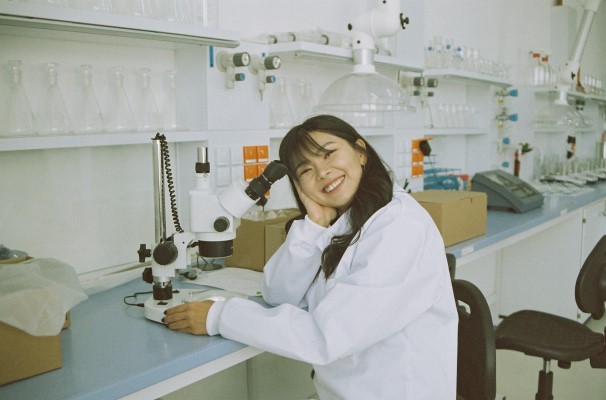OECD’s principles for Good Laboratory Practice (GLP) is valid for all laboratories carrying out studies of and reporting security data to regulating authorities.
It is within the following areas (product groups):
- Industrial chemicals
- Pharmaceutical products
- Pesticides
- Cosmetics
- Food and feed, additives
- Veterinary medical products
- Others
GLP is a mandatory scheme for all entities carrying out studies within the areas listed above.
Norwegian Accreditation participates in cooperation regarding GLP both in OECD and in an EU working group established for the purpose. OECD evaluates Norwegian Accreditation for the GLP scheme at intervals of approximately 10 years.
National regulating authorities in Norway for GLP are:
- The Norwegian Environment Agency (industrial chemicals and pesticides)
- The Norwegian Medicines Agency (pharmaceutical products)
- The Norwegian Food Safety Authority (additives and cosmetics)
Areas of expertise
1) Physical-chemical testing
2) Toxicity studies
3) Mutagenicity studies
4) The environmental toxicity studies on aquatic and terrestrial organisms
5) studies on behaviour in water, soil and air;bioaccumulation
6) residue studies
7) studies on effects on mesocosms and natural ecosystems
8) analytical and clinical chemistry testing
9) other studies

See more at the homepage at OECD here